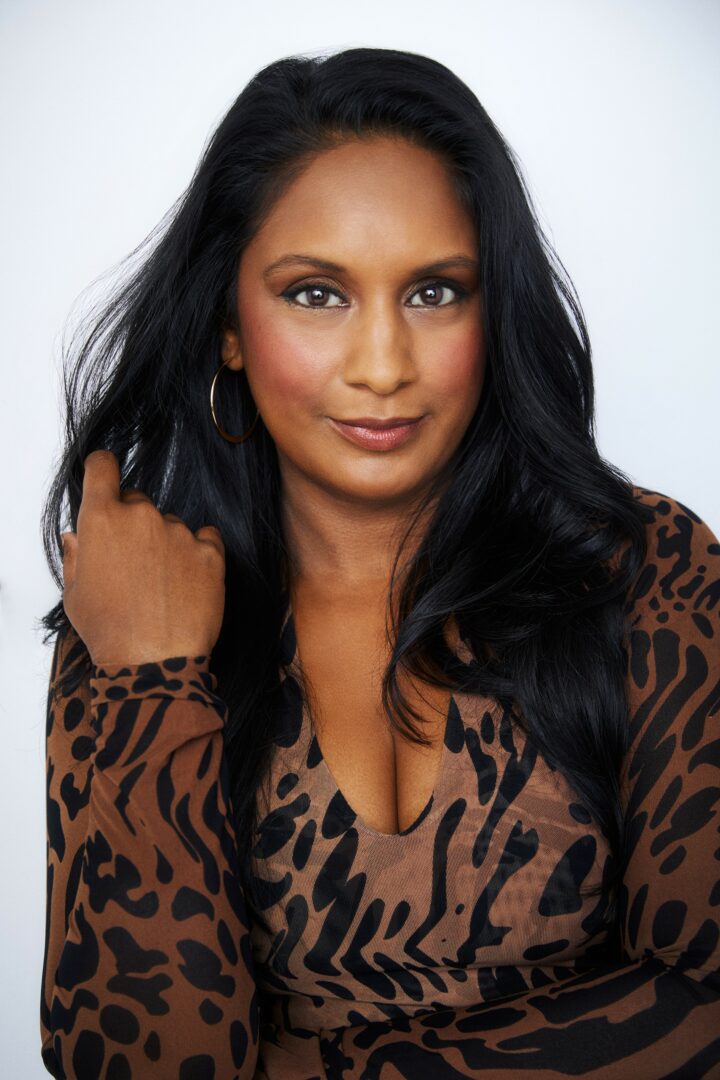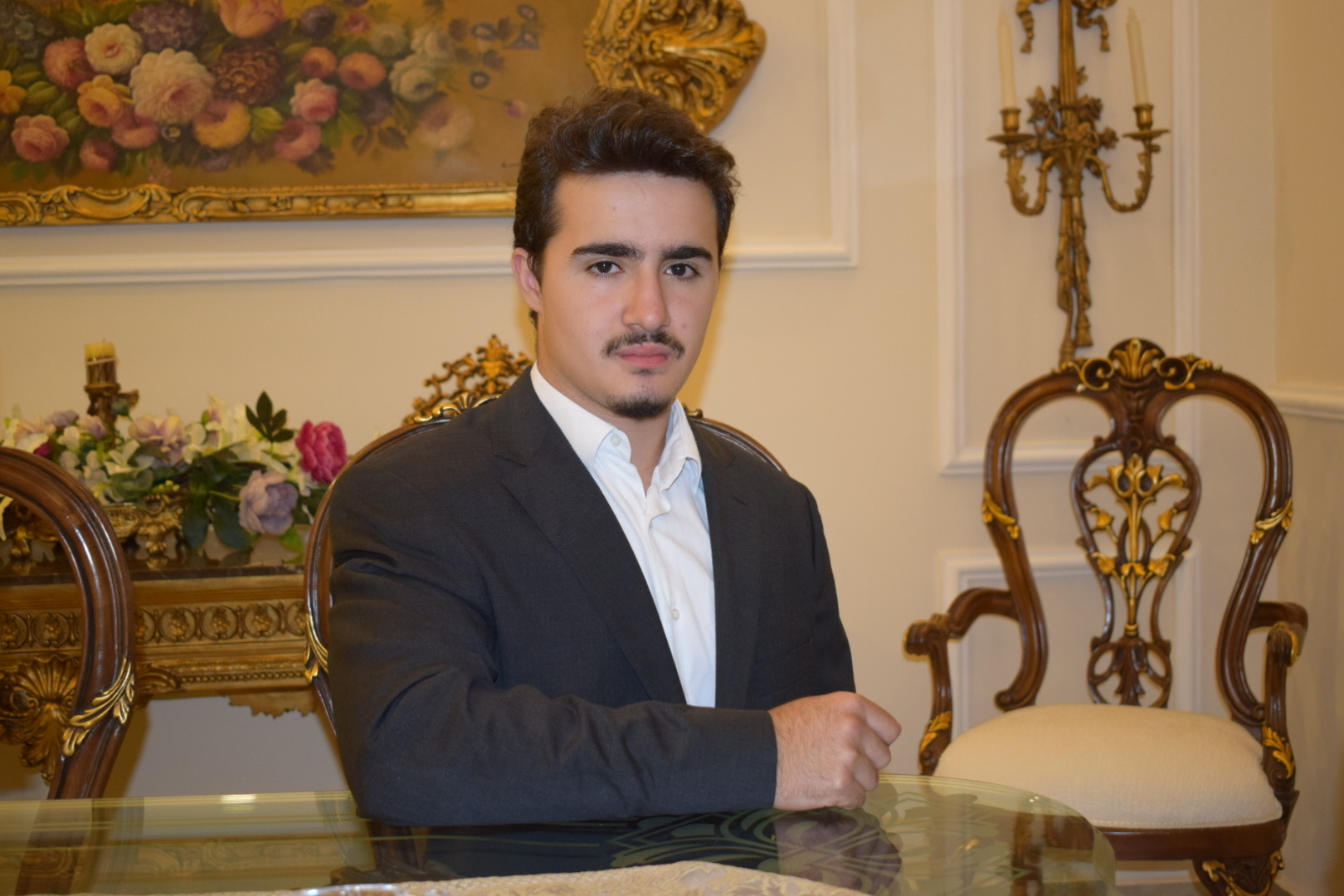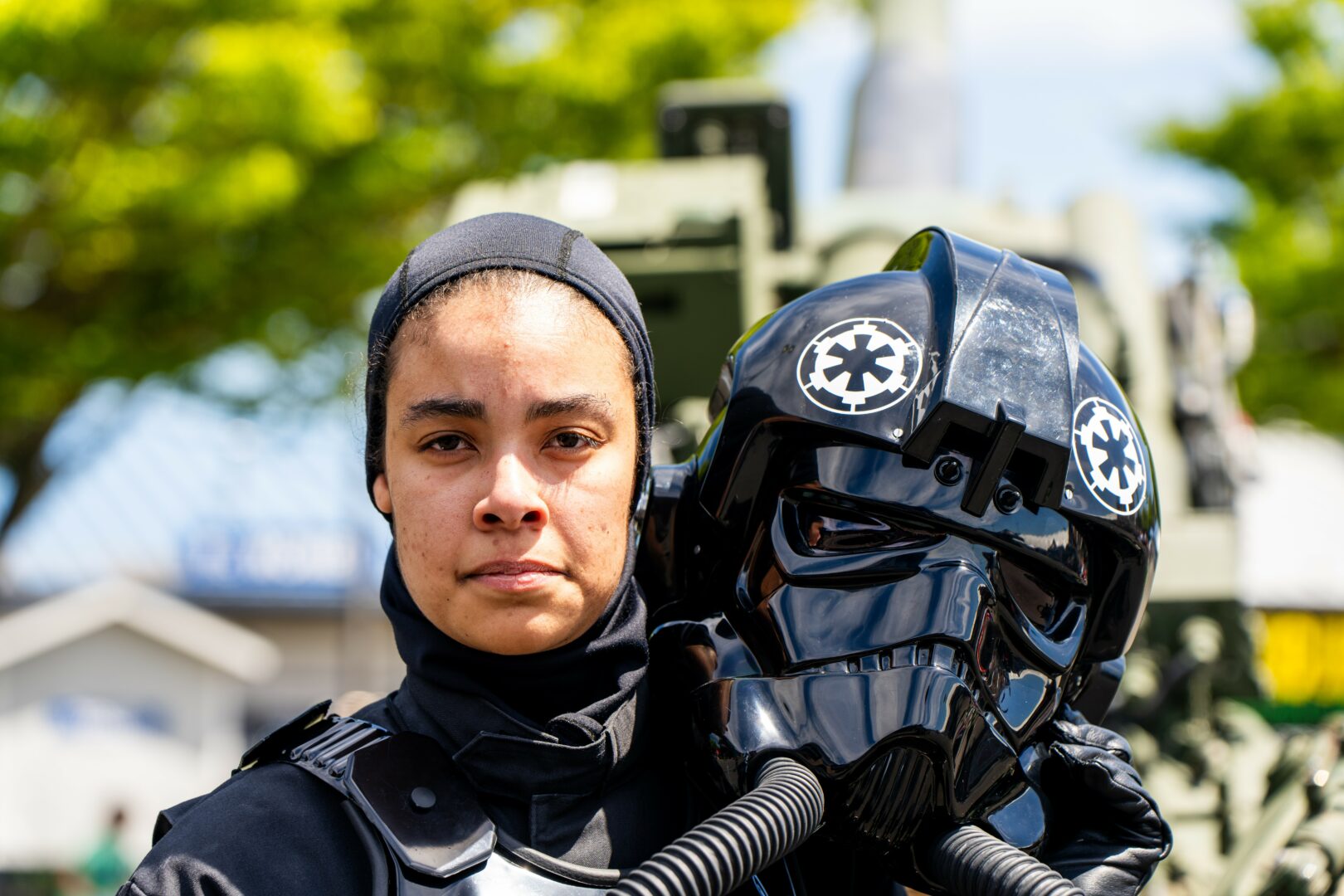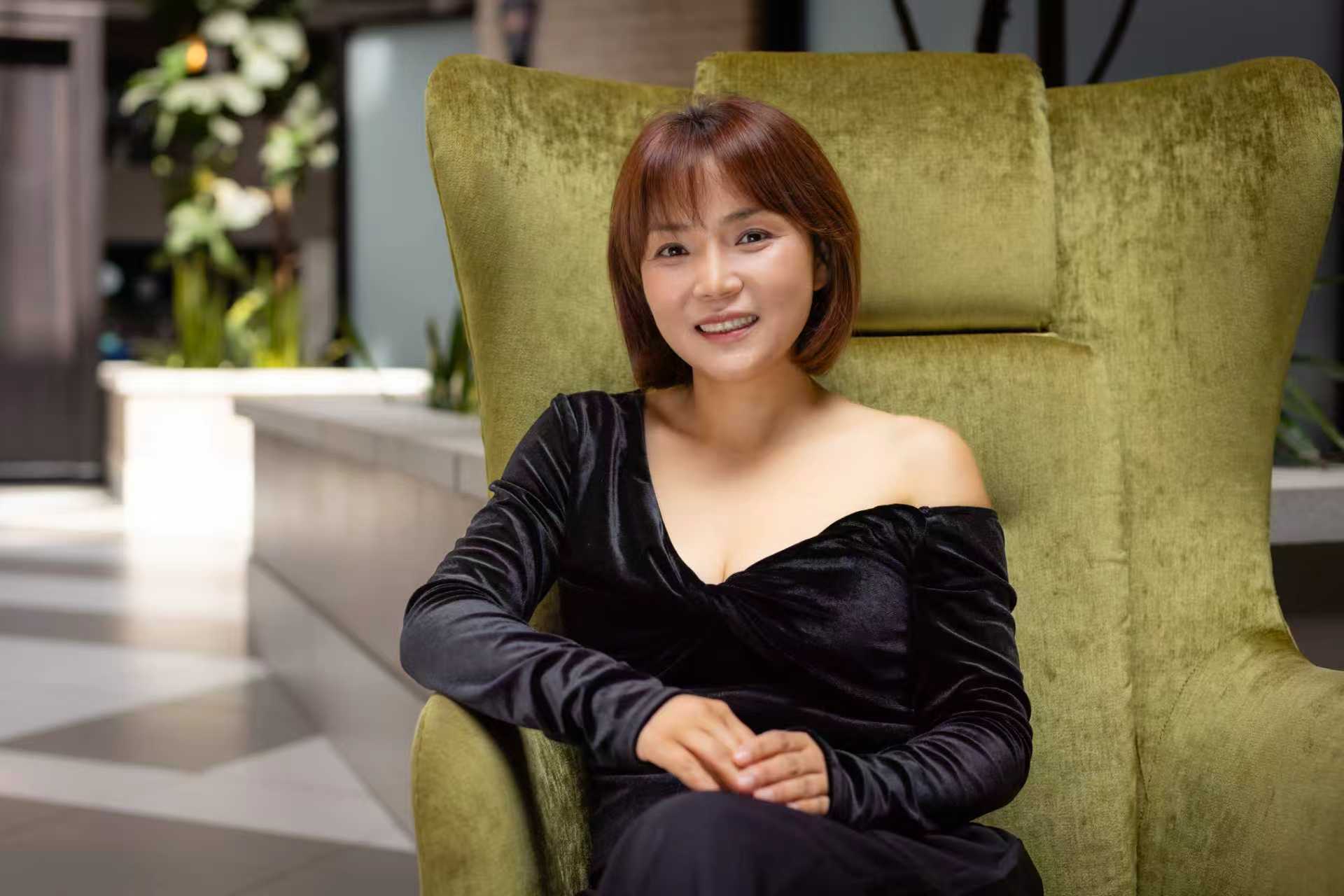Alright – so today we’ve got the honor of introducing you to Keisha Bissram. We think you’ll enjoy our conversation, we’ve shared it below.
Keisha, first a big thank you for taking the time to share your thoughts and insights with us today. I’m sure many of our readers will benefit from your wisdom, and one of the areas where we think your insight might be most helpful is related to imposter syndrome. Imposter syndrome is holding so many people back from reaching their true and highest potential and so we’d love to hear about your journey and how you overcame imposter syndrome.
I grew up in a culture that taught me how to survive, not thrive; to stay small, unseen, and unheard in order to exist safely in the world. As a brown, Indo-Caribbean woman raised in the U.S., that survival mindset was passed down generationally. Imposter syndrome was almost embedded in my DNA, the idea that I had to prove my worth just to take up space.
Through acting, comedy, and filmmaking, I’ve been slowly rewriting that internal script. Storytelling gave me a space where being too much (too loud, too emotional, too opinionated) was actually power. Every role, every performance, every piece of writing chipped away at that inherited silence.
And to be honest, I haven’t completely overcome imposter syndrome — I still battle it every day. But I’ve learned to treat it like an uninvited guest. It might show up, but it doesn’t get to stay. I remind myself that I’m not here by accident; I’m here because I fought through layers of expectation, doubt, and cultural conditioning to finally be seen.
Now, I use my work to reflect that journey, to make space for women, especially women of color, to own their voices unapologetically.
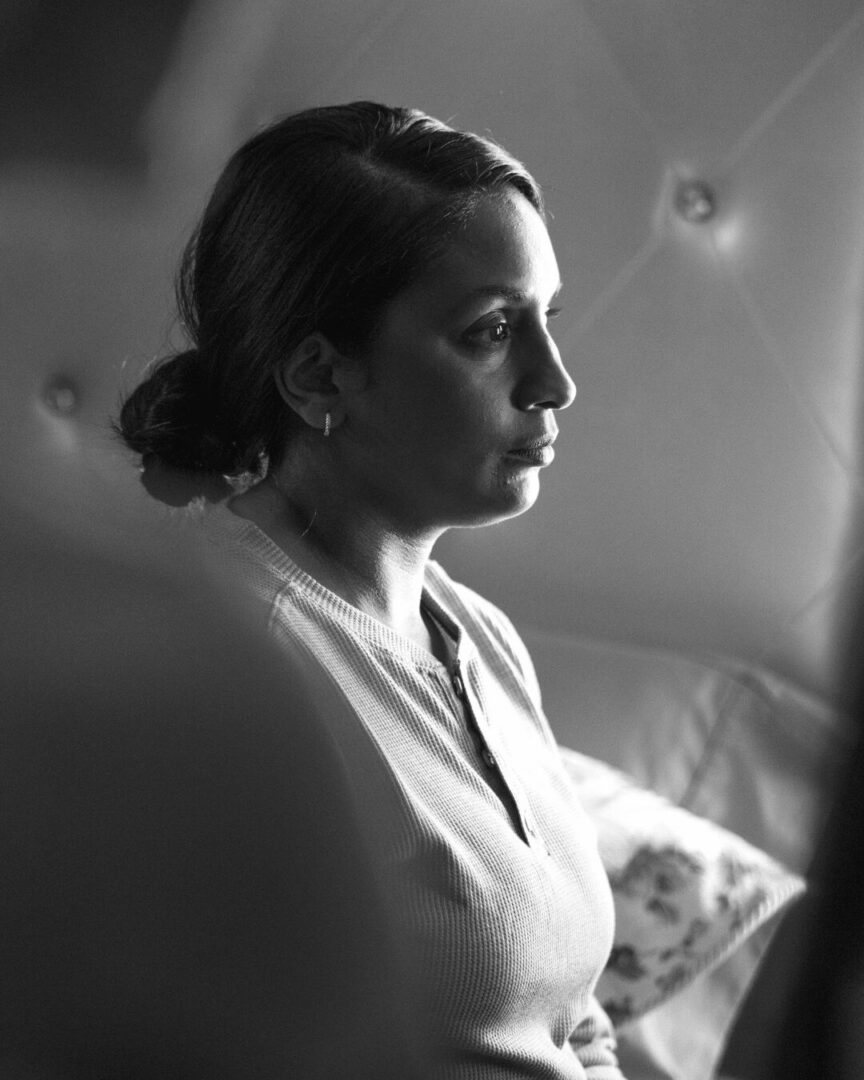
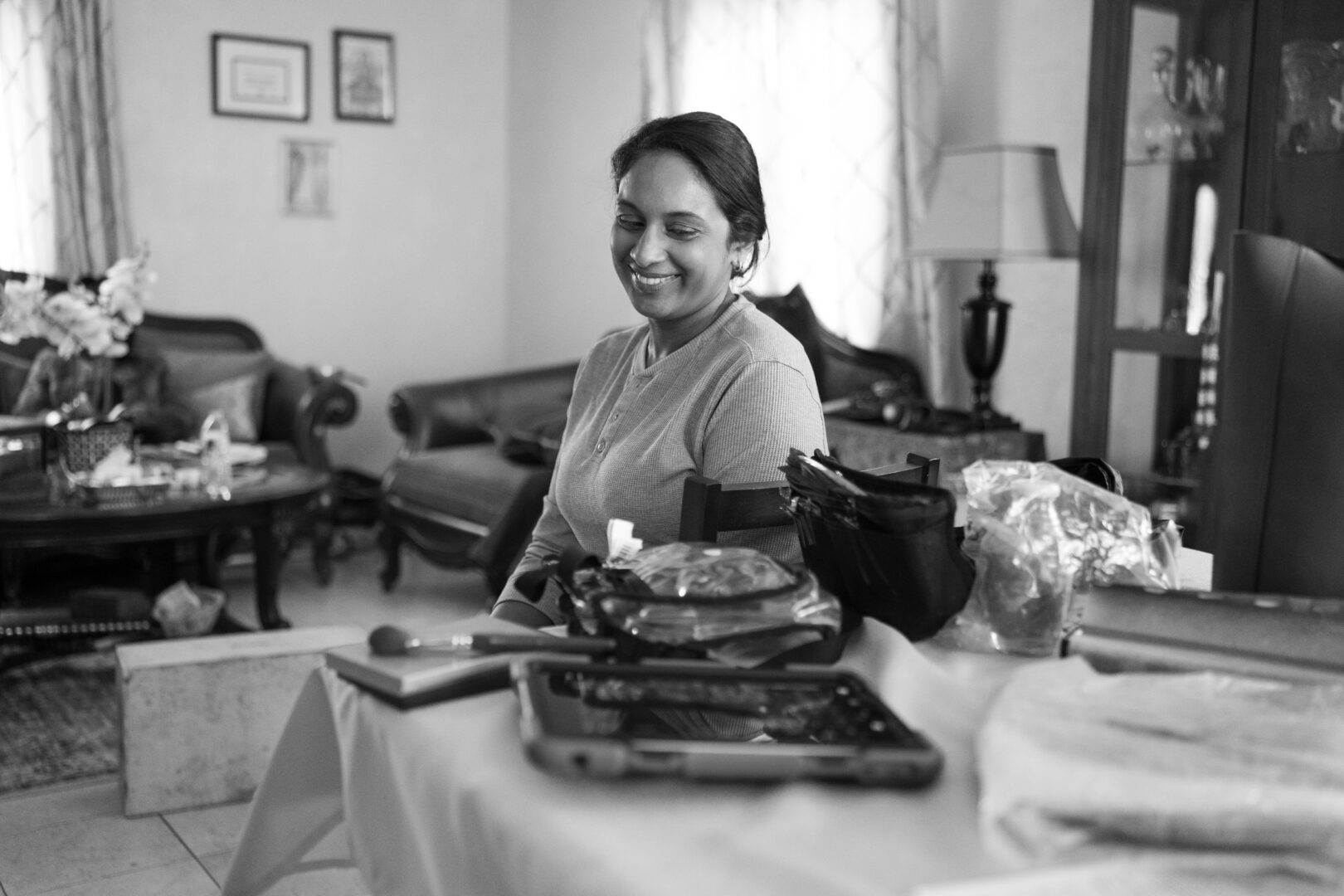
Thanks for sharing that. So, before we get any further into our conversation, can you tell our readers a bit about yourself and what you’re working on?
I’m an actress, writer, and filmmaker focused on creating stories that explore identity, belonging, and the emotional complexity of being a brown woman navigating multiple worlds. As an Indo-Caribbean (parents born in Trinidad & Tobago) woman born and raised in the U.S., I rarely saw my experiences or cultural stories reflected on screen, so I began creating the stories I wanted to see.
My recent short film, Black Cake, is a deeply personal project that captures the tension and tenderness within Caribbean families, and the women in them, the inherited silence, the love that doesn’t always translate, and the search for self within that mix. The film has been screening at festivals, and each time it connects with audiences from all backgrounds, I’m reminded of how universal our stories really are, even when they come from something deeply specific.
What excites me most about my work is the mix of vulnerability and humor. I use both as tools to bridge cultural gaps and make people feel seen. Whether I’m performing comedy, acting, or developing a new script, my goal is always to tell the truth in a way that feels both personal and collective.
Right now, I’m focused on expanding Black Cake into a larger project while continuing to develop stories centered on women of color who are flawed, funny, and fully human.
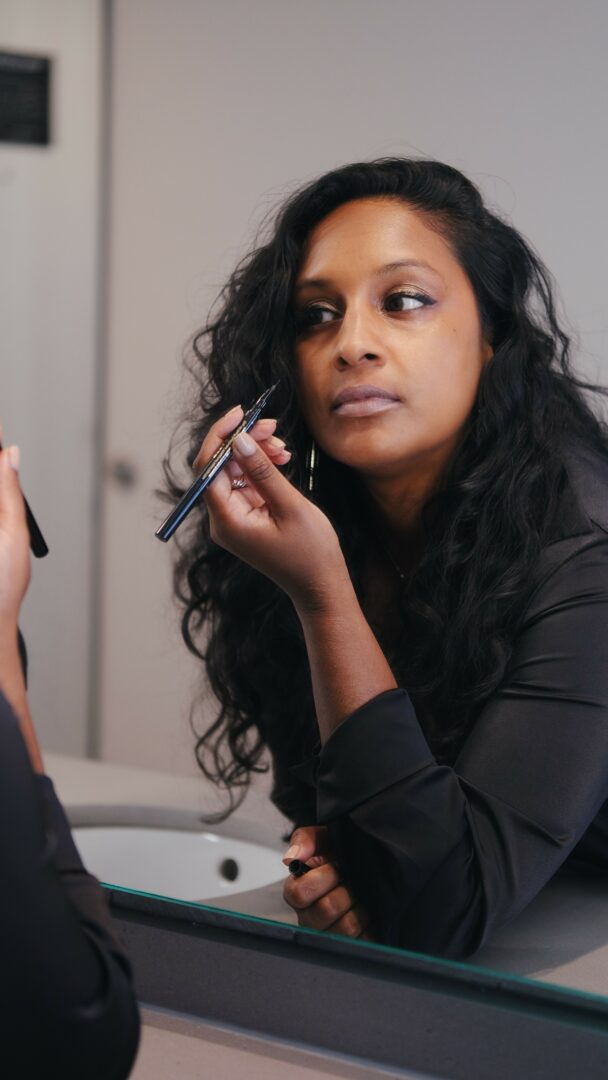
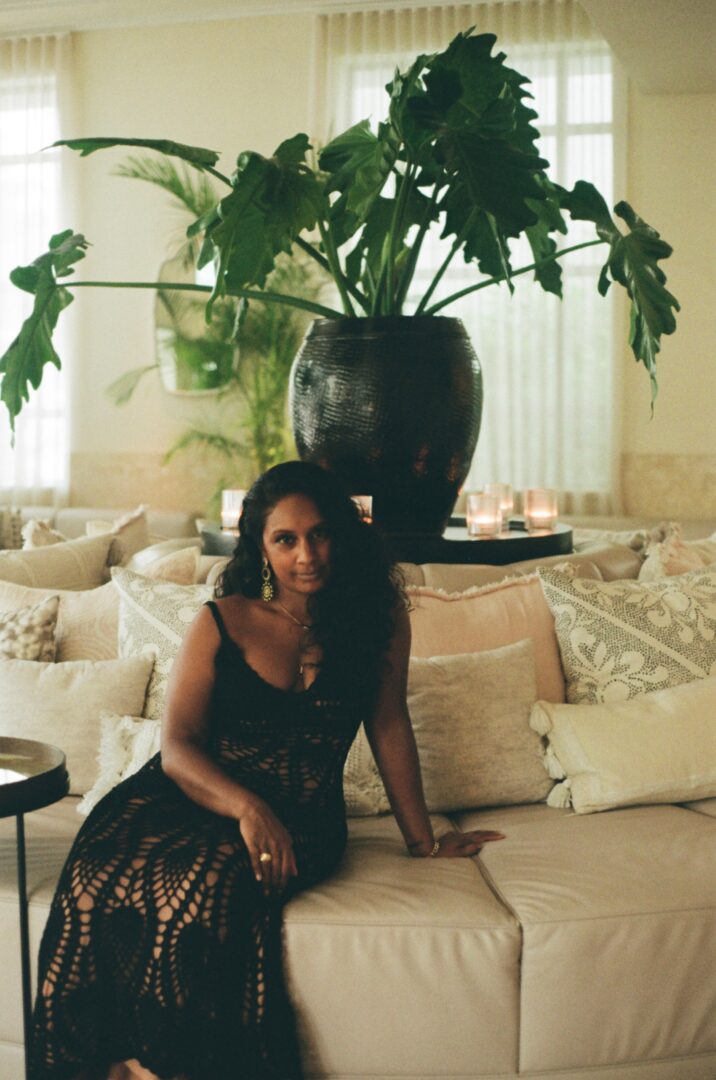
Looking back, what do you think were the three qualities, skills, or areas of knowledge that were most impactful in your journey? What advice do you have for folks who are early in their journey in terms of how they can best develop or improve on these?
Honestly, experience life. That’s the real education. Enjoy things. Travel. Fall in love. Get your heart broken. Take the job, quit the job, start something new, fail spectacularly, succeed quietly, and keep going. Every one of those moments feeds your creative voice.
For me, the three most impactful qualities have been curiosity, resilience, and self-reflection. Curiosity keeps you open to the world; resilience keeps you moving when things fall apart; and self-reflection turns every experience, good or bad, into growth.
My advice to anyone early in their journey is simple: don’t rush to “arrive.” Live fully, pay attention, and take notes. Every single thing you live through becomes part of the art you’ll eventually create.
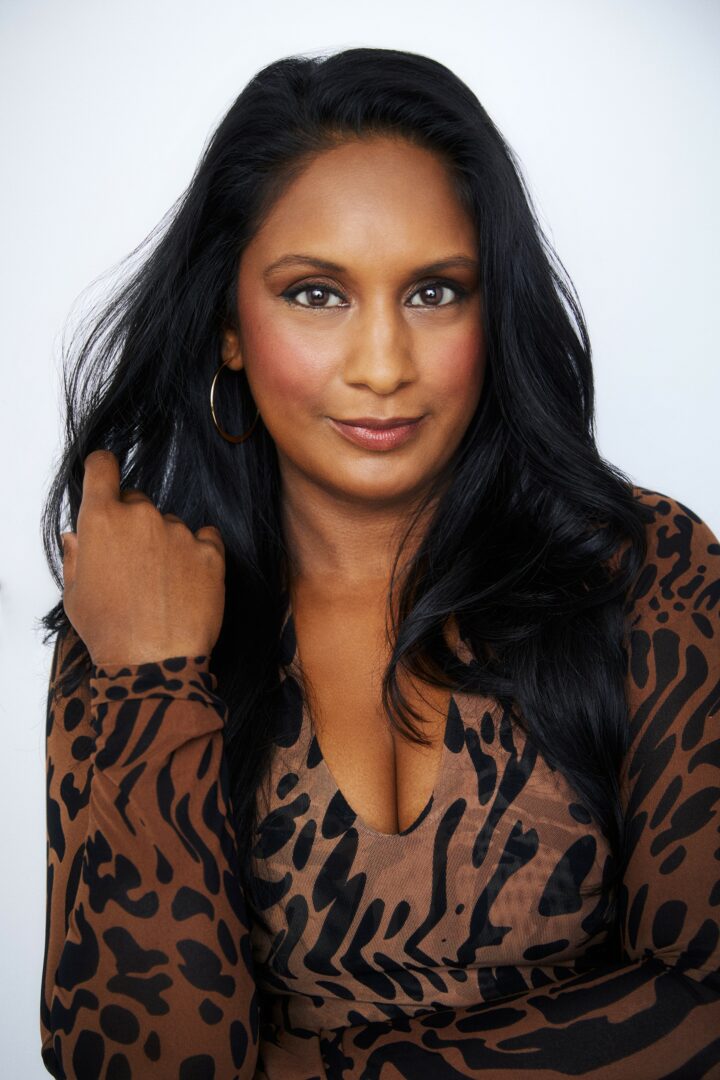
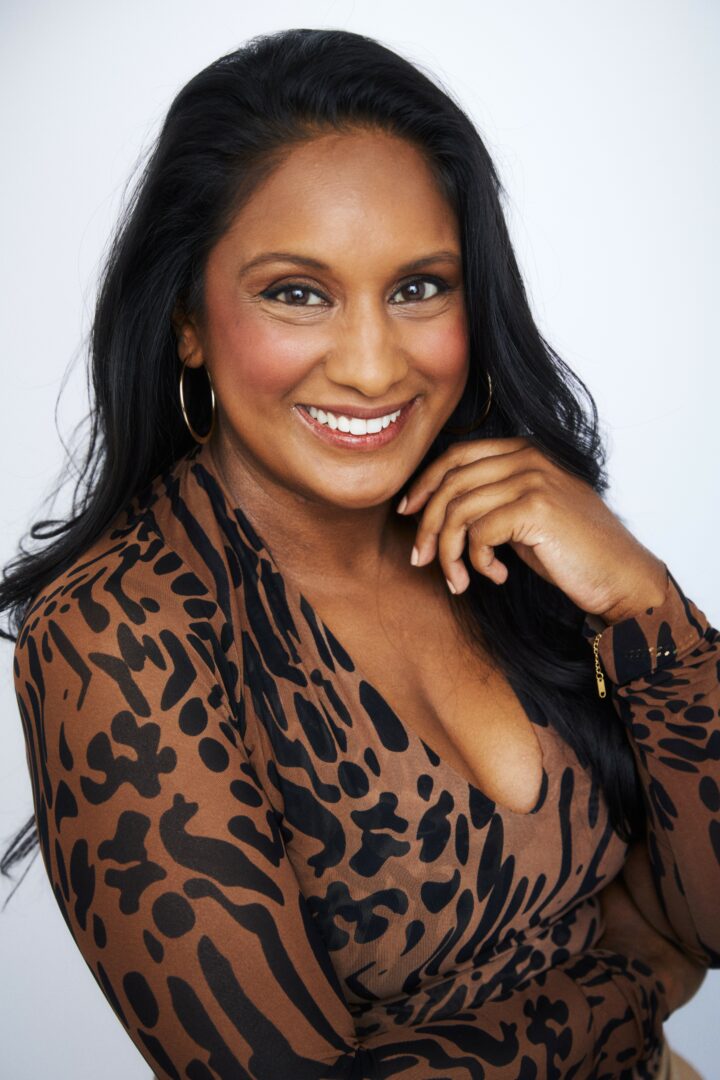
What do you do when you feel overwhelmed? Any advice or strategies?
When I feel overwhelmed, I remind myself that it’s okay to ask for help. As women, we’re often taught to carry everything, to hold it all together no matter what role we’re in. But asking for help isn’t weakness; it’s strength.
We tend to think we’ll burden people, but you’re not draining anyone by being human. The people who love you want to show up for you, just like you would for them. So lean on your support system when you need to. Let yourself rest. The world won’t fall apart if you take a breath, but you might if you don’t.
Contact Info:
- Website: https://www.keishabissram.com
- Instagram: https://www.instagram.com/keishabissram/
- Youtube: https://www.youtube.com/@keishabissram7894
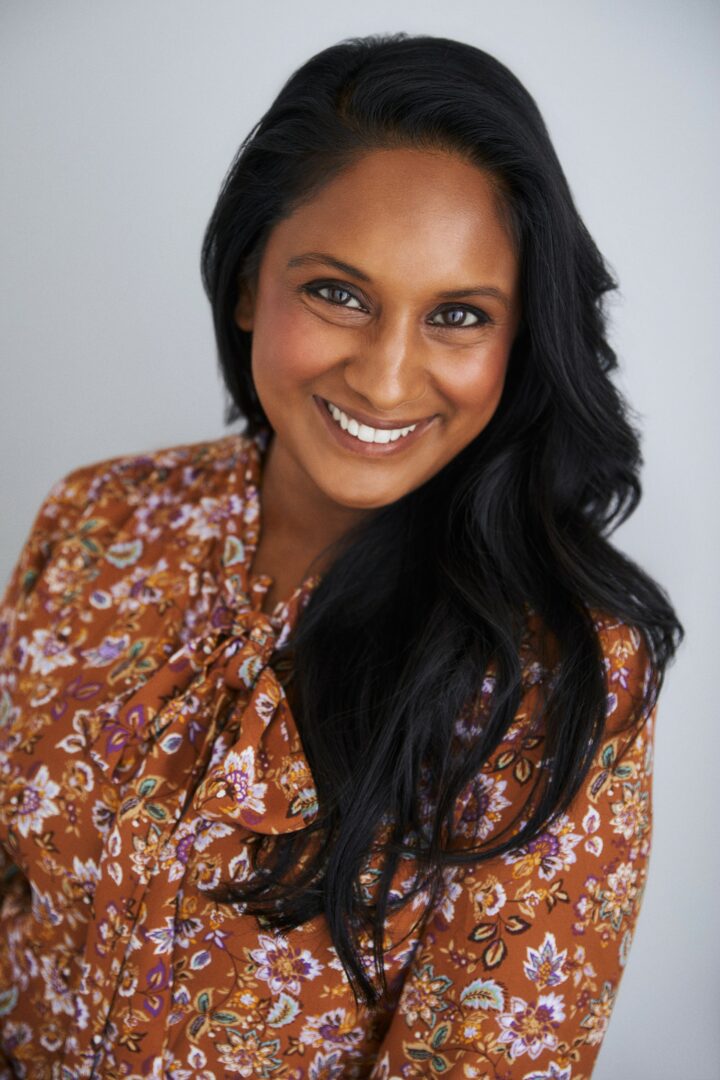
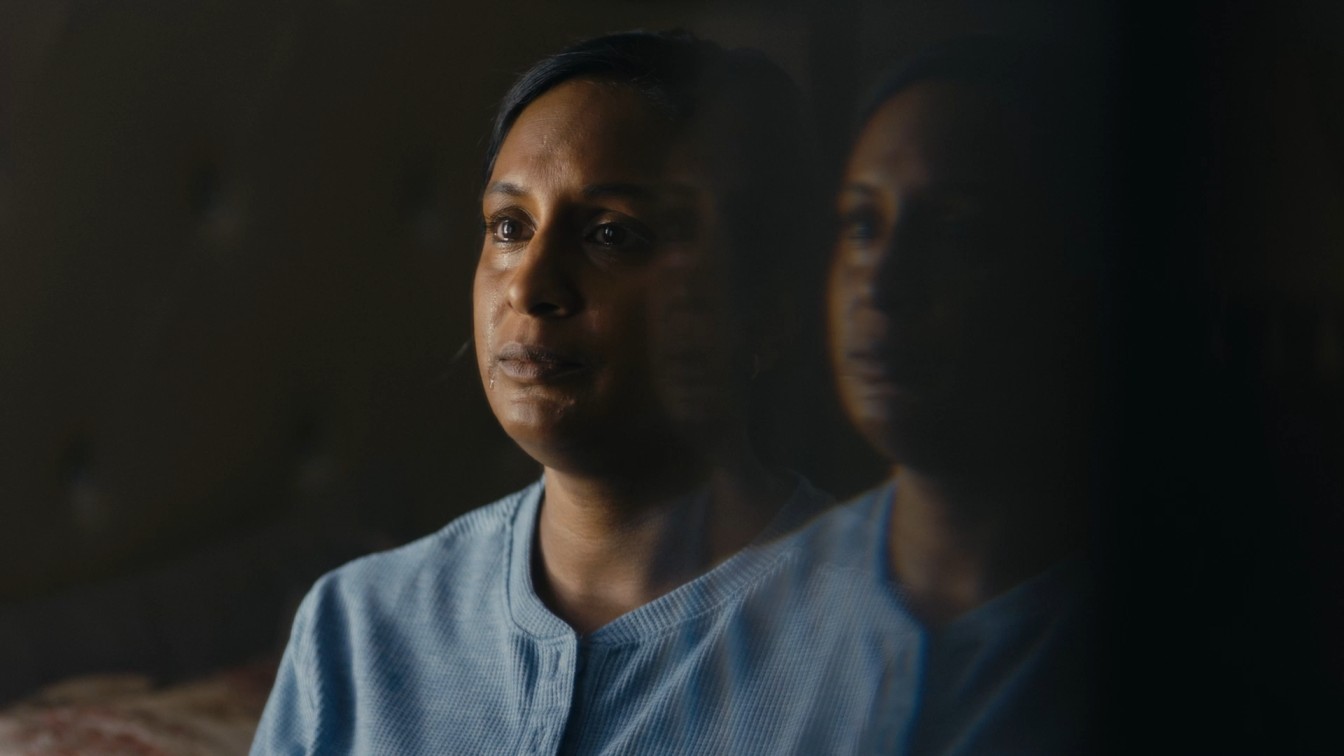
Image Credits
Hanjie Chow
Denisse Monge
Ted Ely
so if you or someone you know deserves recognition please let us know here.

